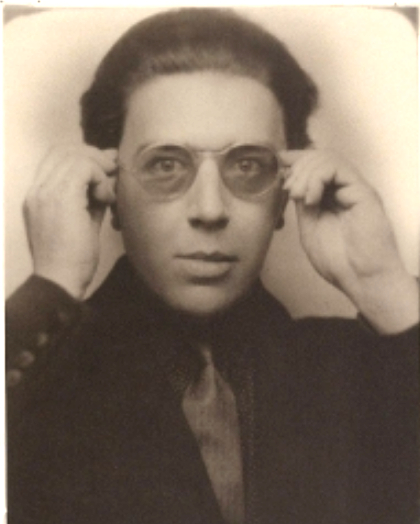On this date in 1896, French poet and writer André Breton was born in Tinchebray, France. He wrote poetry early in life but formally studied medicine and later psychiatry. He met Sigmund Freud in 1921 and his later writings were inspired in part by Freud’s ideas. Breton is considered, along with Salvador Dalí and others, a founder of surrealism. His Surrealist Manifesto was published in 1924, and that same year he influenced the founding of the Bureau of Surrealist Research.
The French government in 1938 sent Breton on a cultural commission to Mexico, where he met Leon Trotsky, Diego Rivera and Frida Kahlo. Breton and Trotsky wrote a manifesto calling for freedom in art, “Pour un art révolutionnaire indépendent” (“Manifesto for an Independent Revolutionary Art”). Breton joined the French Army medical corps during World War II, at which time the Vichy government banned his writings. He escaped to the United States in 1941. Upon his return to Paris in 1946, he became a strong proponent of anarchism and founded a new group of surrealists.
Breton was extensively published. Some of his works include If You Please (1920), The Magnetic Fields (1920), A Corpse (1924), Nadja (1928), The Second Manifesto of Surrealism (1920), The Automatic Message (1933), What Is Surrealism (1934), Manifestoes of Surrealism (1955) and The Magic Art (1957). In André Breton: Arbiter of Surrealism (1967), Clifford Browder noted: “Breton was unflinching in his rejection of mysticism, which he associated with the worship of a superior power outside the human mind; for him the Surrealist merveilleux contained no trace of religious mystery.”
Breton was married three times. He met his third wife while in exile in the U.S. He had one daughter, Aube, with his second wife. Breton died in 1966 at age 70 and is buried in Paris.


